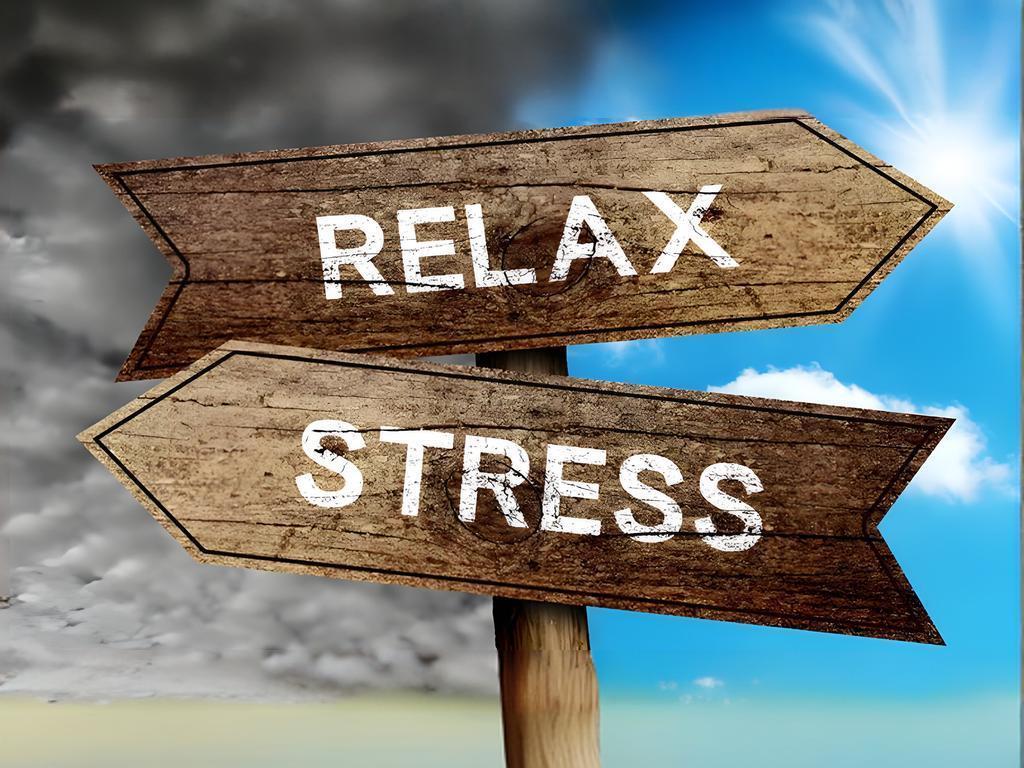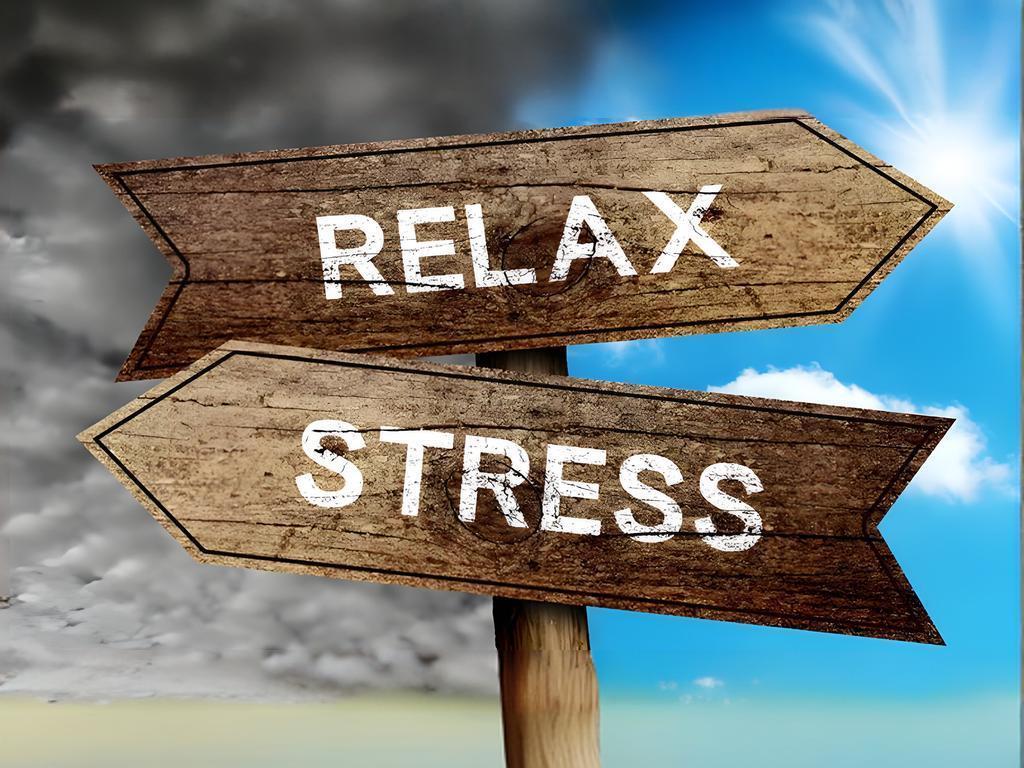From Stressed to Best: The Art & Science of Managing Stress for Optimal Health
In the fast-paced, interconnected world we live in, stress has become an inevitable part of our daily lives. From work pressures to personal relationships, financial worries to health concerns, stressors seem to be omnipresent. However, managing stress effectively is not just an art; it’s a science that can significantly impact our physical, mental, and emotional well-being. This article explores the art and science of stress management, offering practical strategies and examples to help you transform from feeling stressed to your best self.

The Art of Stress Management
The “art” of stress management lies in understanding and harnessing the power of mindfulness, self-care, and creative outlets to soothe the mind and body.
1. Mindfulness Practices
Mindfulness is the practice of being present in the moment, without judgment. It involves focusing your attention on your thoughts, feelings, and bodily sensations in a non-reactive way. Techniques like meditation, deep breathing, and yoga can help cultivate mindfulness and reduce stress levels.
Example: “Take a few minutes each day to practice mindfulness meditation. Sit comfortably, close your eyes, and focus on your breath as it enters and leaves your body. When your mind wanders, gently bring your attention back to your breath. This simple practice can help calm your mind and ease stress.”
2. Prioritizing Self-Care
Self-care is not a luxury; it’s a necessity for optimal health. Taking time for activities that nourish your mind, body, and spirit can help you better manage stress.
Example: “Schedule regular self-care activities into your weekly routine, such as a bubble bath, a walk in nature, or a massage. These small indulgences can go a long way in rejuvenating your energy and reducing stress.”
3. Engaging in Creative Pursuits
Creative outlets like painting, writing, dancing, or playing music can be powerful stress relievers. They allow you to express yourself freely and tap into your creativity, providing a sense of accomplishment and satisfaction.
Example: “Pick up a hobby you’ve always been curious about, like learning to play the guitar or taking up photography. Engaging in these creative pursuits can be a great way to unwind and de-stress.”
The Science of Stress Management
The “science” of stress management involves understanding the physiological and psychological effects of stress and implementing evidence-based strategies to mitigate them.
1. Exercise Regularly
Regular physical activity has been shown to reduce stress levels by releasing endorphins, the body’s natural feel-good hormones. It also improves sleep quality, enhances mood, and boosts overall health.
Example: “Commit to a regular exercise routine that includes a mix of cardio, strength training, and flexibility exercises. Start with small, achievable goals, like walking for 30 minutes a day or joining a yoga class.”
2. Managing Time Effectively
Feeling overwhelmed by a never-ending to-do list can be a major source of stress. Learning to manage your time effectively can help you prioritize tasks, set realistic goals, and reduce stress.
Example: “Use a planner or digital calendar to organize your schedule. Break down large projects into smaller, manageable tasks, and set deadlines for each one. This will help you stay focused and avoid procrastination.”
3. Seeking Professional Help
If stress becomes overwhelming and affects your daily functioning, seeking professional help from a therapist or counselor can be beneficial. They can provide personalized support and teach you coping strategies to manage stress effectively.
Example: “If you find yourself constantly struggling with stress, consider talking to a mental health professional. They can offer guidance, support, and evidence-based treatments like cognitive-behavioral therapy (CBT) to help you manage stress and improve your overall well-being.”
By blending the art of mindfulness, self-care, and creative pursuits with the science of exercise, time management, and professional help, you can transform from feeling stressed to your best self. Remember, managing stress is a journey, and every step you take towards better health and well-being is a step in the right direction.













